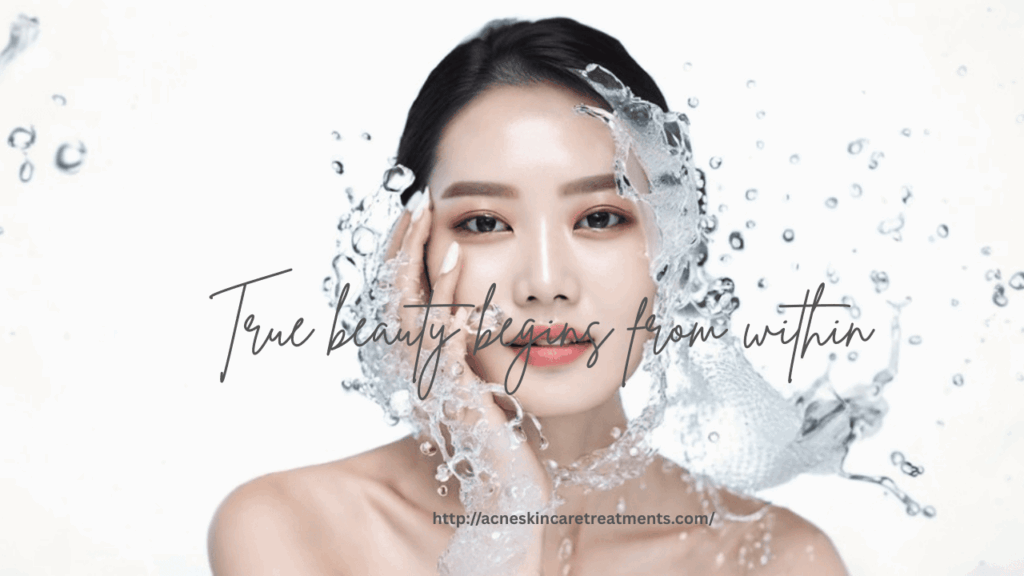
In the pursuit of healthy, glowing skin, it’s easy to get swept up in an ever-growing list of skincare products promising transformative results. While some topical treatments have their merits, the foundation of true skin health lies far deeper than the surface. Nutrition and hydration play an essential role in maintaining vibrant, resilient skin, often making many skincare products redundant. Understanding this truth can help you cut through the noise and avoid falling into the trap of skincare overuse.
The Role of Nutrition in Skin Health
Your skin is a living, breathing organ that reflects your overall health. Feeding it from within with the right nutrients can be far more effective than relying solely on creams and serums. Nutrient-rich foods provide the building blocks your skin needs to function optimally—from regenerating cells to fighting inflammation.
Key nutrients that support skin health include:
- Vitamin A: Promotes cell turnover and prevents clogged pores. Found in carrots, sweet potatoes, and dark leafy greens.
- Vitamin C: Vital for collagen production and skin repair. Found in citrus fruits, broccoli, and strawberries.
- Vitamin E: Acts as an antioxidant to protect skin from free radical damage. Found in almonds, sunflower seeds, and spinach.
- Zinc: Reduces inflammation and supports skin healing. Found in nuts, seeds, and legumes.
- Omega-3 Fatty Acids: Help maintain hydration and reduce redness. Found in fatty fish, chia seeds, and walnuts.
The Importance of Hydration
Water is perhaps the most underrated skincare ingredient. Proper hydration keeps the skin plump, supports elasticity, and aids in flushing out toxins. Dehydration can lead to a dull complexion, increased fine lines, and dryness—problems often mistakenly treated with excessive topical products.
Hydration tips for skin health:
- Drink water consistently throughout the day, not just when you feel thirsty.
- Include water-rich foods like cucumbers, watermelon, and leafy greens in your diet.
- Limit dehydrating substances such as alcohol and excessive caffeine.
The Problem with Skincare Overuse
Using too many products can do more harm than good. Overuse can strip your skin’s natural barrier, cause irritation, and trigger breakouts. The skin becomes dependent on these products, leading to a vicious cycle of application and reaction.
Signs of skincare overuse include:
- Redness and sensitivity
- Persistent dryness or oiliness
- Frequent breakouts or inflammation
- Constantly adding new products to your routine without lasting results
Instead of layering more products, simplify your skincare routine and turn your focus to nourishing your body.
Achieving Balance Naturally
To cultivate long-lasting skin health without falling into overuse:
- Eat a varied, whole-food diet that includes fruits, vegetables, lean proteins, and healthy fats.
- Stay hydrated to support cellular function and skin elasticity.
- Sleep well and manage stress, both of which have a significant impact on your skin.
- Use minimal, effective skincare products that support your skin type without overwhelming it.
Conclusion
Skin health is more than skin deep. While topical products can enhance your routine, the real glow comes from a well-nourished, hydrated body. By focusing on nutrition, hydration, and mindful product use, you can maintain beautiful, resilient skin without relying on an overstuffed skincare cabinet. True beauty begins from within.